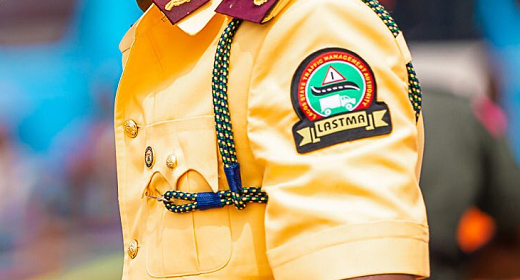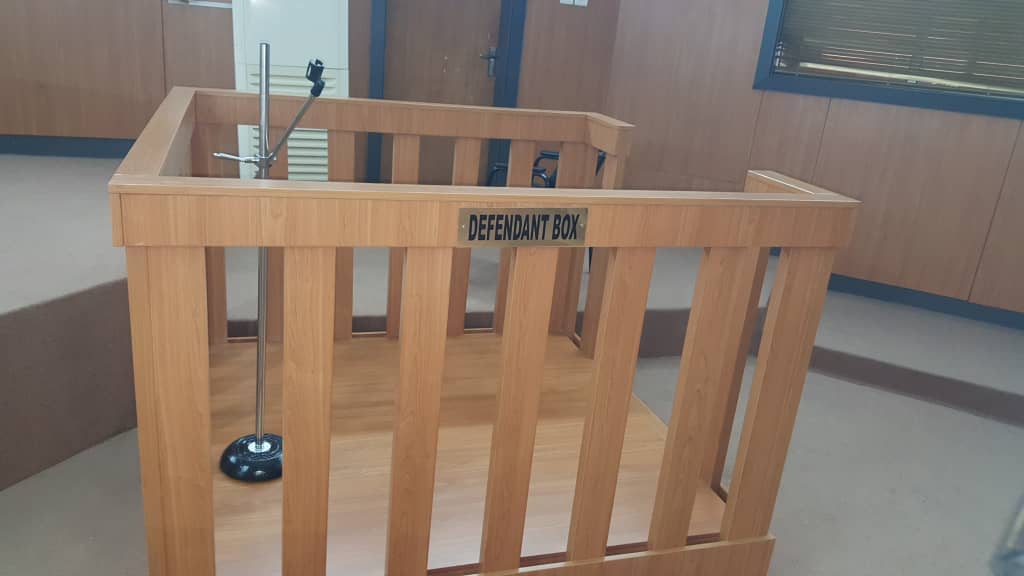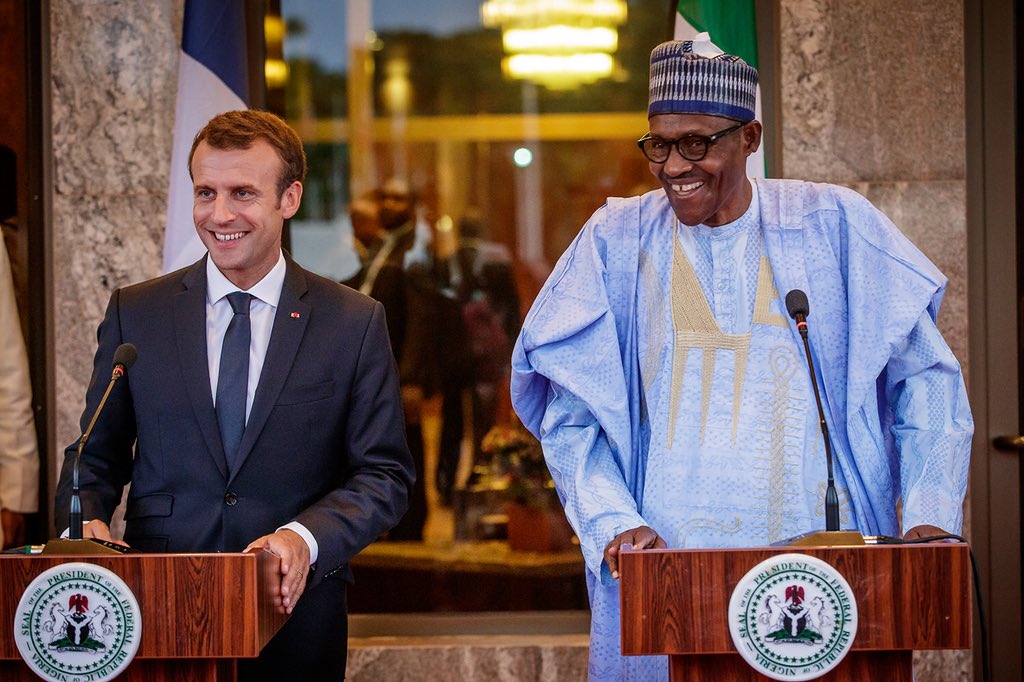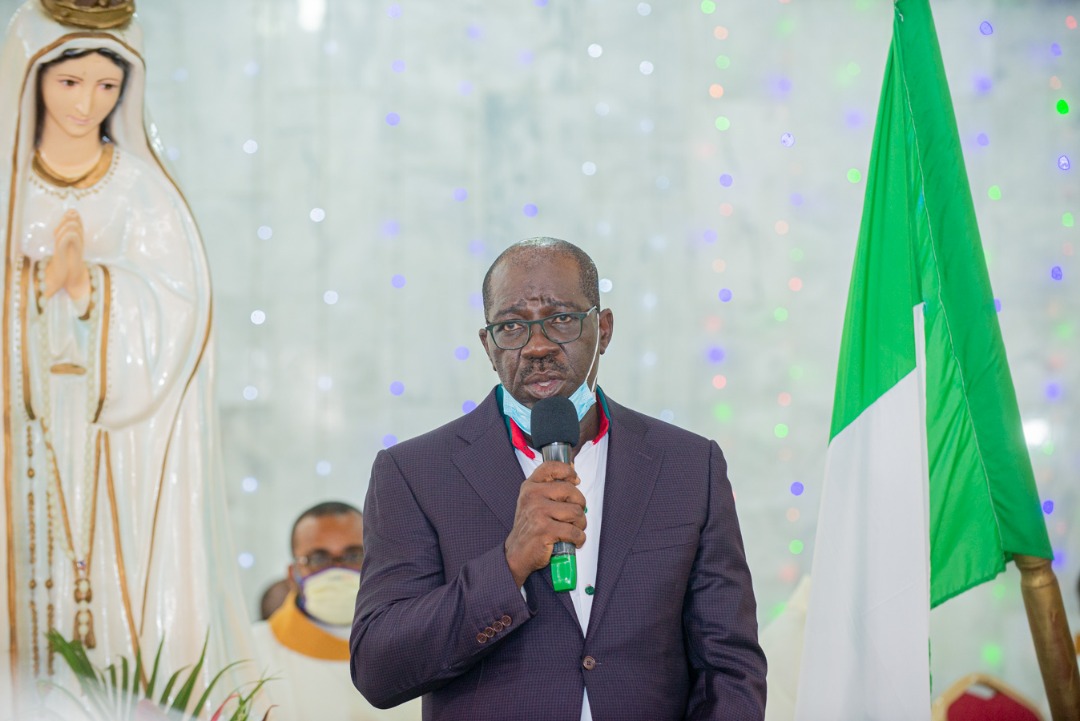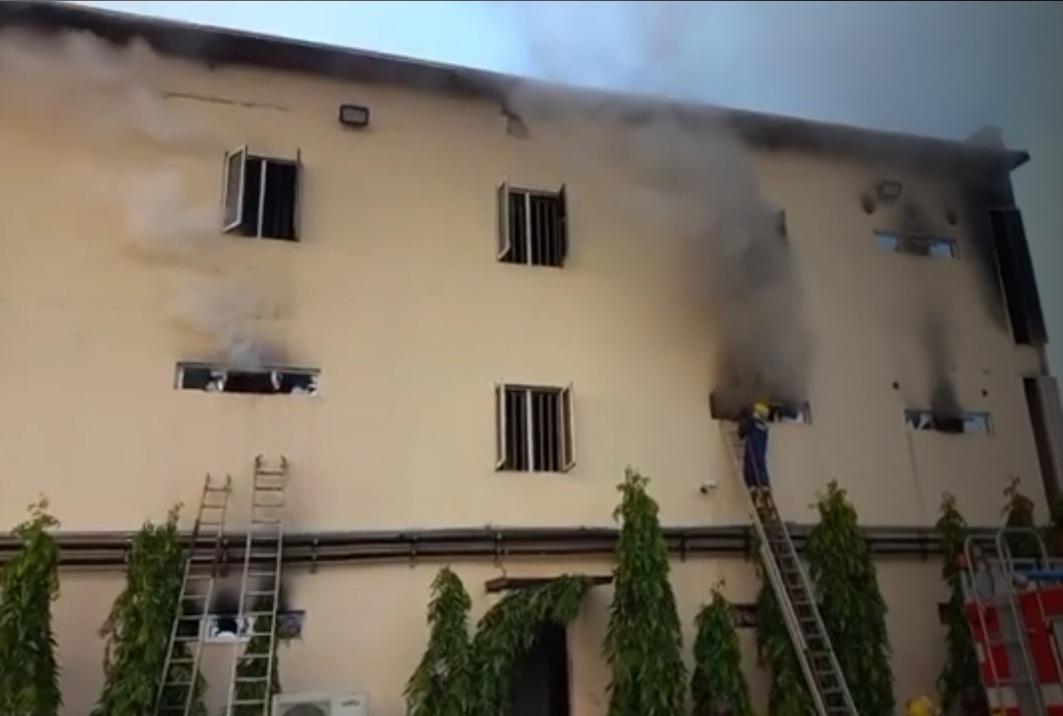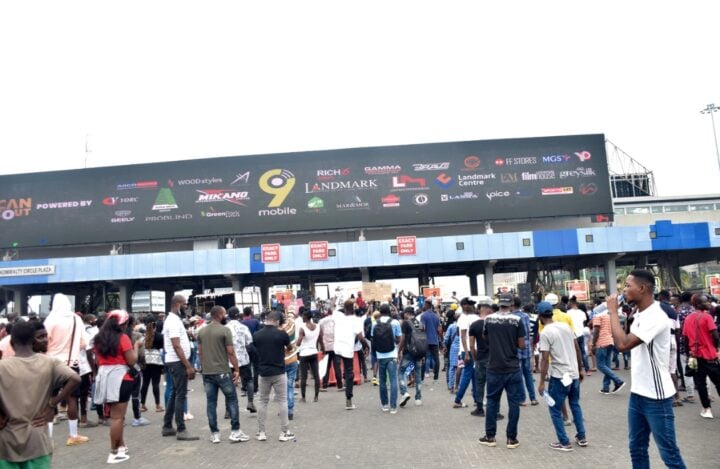I made five stop-start attempts before I could finally read the piece ‘Allegations against LASTMA: Setting the record straight’, written by Olumide Filade, deputy director, public affairs and enlightenment department of the Lagos State Traffic Management Agency (LASTMA). It was published in The Guardian on Friday, October 15. It was a response to the story, ‘UNDERCOVER: From Ikeja to Lekki, LASTMA Officials Operate Like a Criminal Gang’, published by the Foundation for Investigative Journalism (FIJ) on September 2, 2021. Filade’s piece is uneasy on the eyes, jarring to the heart and spiteful to conscience; it is riddled with inconsistencies, barefaced turning of the truth on its head and, most worrying, brazen admission, endorsement and defence of bribery and extortion by LASTMA officials. Quite frankly, Filade’s piece exudes all that is wrong with LASTMA! But we can save that for a few more paragraphs.
The undercover investigation in question was clearly bylined as written by Damilola Ayeni and Ibrahim Adeyemi, but Filade claims it was written by “a journalist”. To Filade, the journalist [sic] in question “abandoned this watchword [investigative journalism] to embrace the opposite just to catch up with delivery time”. It is a take that reinforces the problem with most of contemporary public commentating on journalism: to practice journalism in this country is like having the job of a football coach; everybody has something to say about it, but few people indeed understand what they’re saying. Otherwise, how can anyone with the slightest understanding of journalism brand a story that cost two days of driving in the notorious Lagos traffic as an attempt to “just catch up with delivery time”?
The investigation Filade references was clear on why it had to be done. Numerous members of the public had contacted FIJ about extortion and oppression by LASTMA officials, about how doctors in emergencies trying to save lives were extorted, how LASTMA officials at road construction sites would not redirect motorists to alternative routes but would wait for them to misstep and then apprehend them, how LASTMA officials were weaponising fines to extort lawbreakers, how LASTMA generally pursued funds for their pockets instead of traffic smoothening. All the videos captured in that investigation were simply a real-life re-enactment of the complaints received by FIJ about LASTMA’s operations. We didn’t want to believe those complaints hook, line and sinker; the only way to independently verify those claims against LASTMA was to re-create the scenarios.
Unable to process this, Filade writes: “It can be deduced from the published report that, the journalist in the course of his investigation, deliberately flouts traffic laws and when apprehended, he induces the LASTMA personnel with bribe; this is what he described as extortion in his report.” But nothing could be farther from the truth. Perhaps he didn’t read the story or watch the videos; there was no entrapment. At no point did the journalists voluntarily offer a bribe. In fact, on every single occasion, Filade’s men were the first to demand a bribe; and each time the journalists pleaded to not pay a bribe, their pleas were rebuffed.
Advertisement
Elsewhere, Filade adds: “Can an innocent citizen who obeys traffic laws and regulations as he goes about his duties be asked to pay bribe by an officer of the law?” His argument, therefore, is that once a motorist has broken the law, then it is fair for them to be exploited by LASTMA. This is a most unfortunate defence of bribery. This was the reasoning of LASTMA’s foot soldiers on the streets and we mistook it for a base-of-the-rung posturing. Now we know it’s an institutional position.
In a normal society, a public official doesn’t make this kind of statement and still have a job the following day. But, of course, this is Nigeria where, as they say, anything goes — where values such as probity, accountability and conscientiousness are no determinants of public-office occupation. To be clear, the law is the law; road users who break traffic laws should pay the commensurate fines — to the government and not to Filade’s men — and traffic wardens who demand bribes, whether a traffic law has been broken or not, should be punished in accordance with the law. These two are mutually inclusive. Filade’s LASTMA can’t punish traffic offenders while sparing its own corrupt men.
Any discerning reader of Filade’s opinion piece would wonder: why respond now to an investigation that was published six weeks ago? The answer lies in FIJ’s report, last week, about a motorist whose car ran out of fuel at Oshodi and was towed away by LASTMA officials and slammed a N60,000 fine. LASTMA hid that incredulous billing under its law stipulating a fine of N50,000 plus cost of towing for an “abandoned vehicle on the highway”. But how can anyone in good conscience deem “abandoned”, a car whose driver parked by the roadside for 10 minutes to buy fuel at the next available station? Everyone with a conscience knows that is not an “abandoned” vehicle, especially as there were people in and around the said car. If the motorist failed to display a reflective warning sign at point of breakdown and was charged the accompanying N20,000 fine, no one would quarrel with that decision. But a N60,000 fine for someone struggling to fill his tank? Come on!
Advertisement
Despite the apparent apathy of the LASTMA hierarchy to FIJ’s consistent coverage of overzealous traffic officers, the truth is our work only serves to save everyone some stress. After the Police, if there is any state institution in Lagos with the potential to someday trigger a largescale protest, it is LASTMA. The #EndSARS protests of last year, from which every side suffered losses, would have been averted if the government and the Police acted on reports of this nature before seething public discontent snowballed into full-blown rage. As reported by PUNCH, one peaceful protest against LASTMA and the Lagos State Task Force already held at the end of August. But are there any guarantees the next one will be peaceful? The LASTMA oppression conundrum would have been much easier to solve if the agency’s foot soldiers were the only problem. But with the agency’s image-makers like Filade confusing extortion with inducement, and unable to see the fine line between overbilling of motorists and bribery, then we’re in a really big mess.
Soyombo, former editor of TheCable, the International Centre for Investigative Reporting (ICIR) and SaharaReporters, is the founder/editor-in-chief of the Foundation for Investigative Journalism (FIJ)
Views expressed by contributors are strictly personal and not of TheCable.

